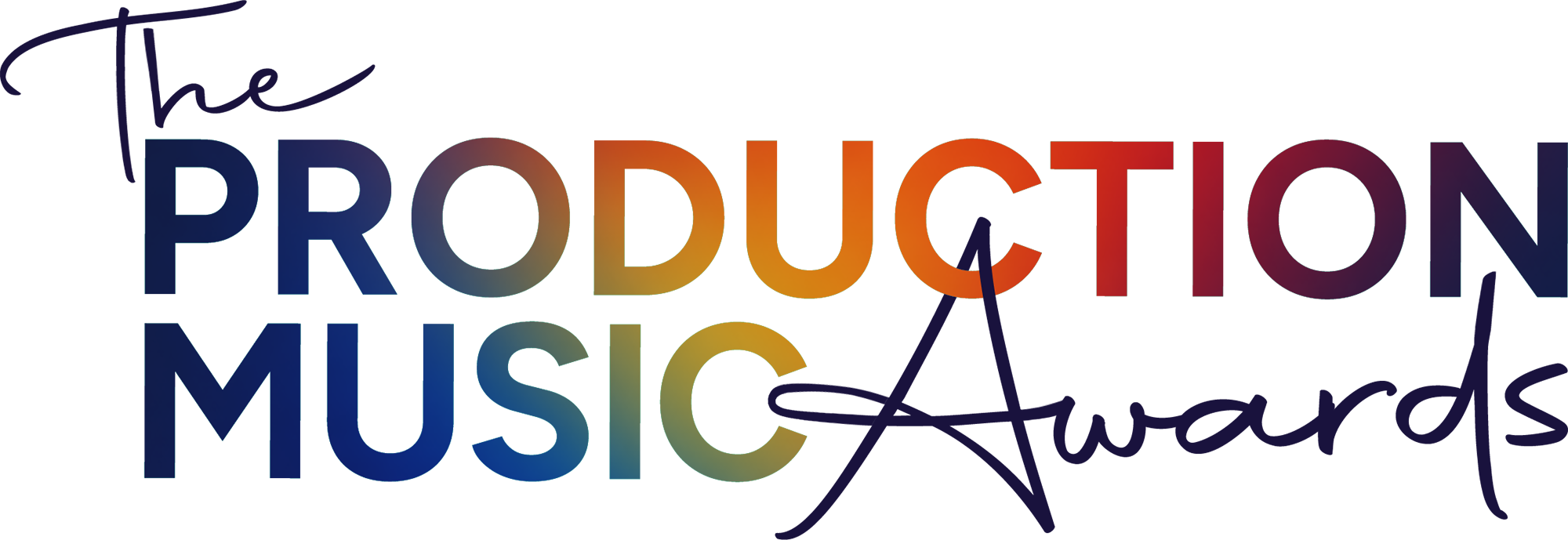One of the most critical questions when developing a catalogue is what kind of music users will need in the future. Everyone has an individual solution based on user feedback, expected production schedules from film and TV industry contacts, etc. But what if someone is far from all of this, and not from one of the big music or film industry centres trying to enter this already highly saturated market, and cannot keep up with changing trends because they don’t have enough information? Then, you are left with individual taste, imagination, and personal relationships built over decades with composers close at hand, meaning that you consciously build on your basic human instincts, such as your intuition, and value personal relationships much more highly. I founded Twelvetones Production Music in Budapest, Hungary, (not so) far from the mainstream of the music industry, trusting that my late wife, highly respected Hungarian composer Zsófia Tallér and I had enough ideas, perseverance and composer acquaintances to embark on a different kind of catalogue building in a place where there was no precedent for it.
From the beginning, the composer’s personality was more important than the idea of the album. Without continuous and similar commissions, the composers here tend to do many things simultaneously, writing in several styles with very different qualities. So, few professionals can do one thing but do it at a very high level. Therefore collaborative work starts by getting to know the author’s style and focusing on what they already know and are currently interested in from a limitless range of music genres. This conversation is from that the joint concept is born, which is very different than proceeding with creative order as a “composing machine” that produces music from prompts, but it is a shared will based on a set of ideas and decisions that creates the album.
If I don’t force the composers into a mechanism that they can only be a tiny part of because I treat them as executors who strictly follow the company’s creative vision, but I expect them to be autonomous creators, although the works created don’t necessarily fit into a stereotypical mass – where many people intend production music to be– they will be born with a unique identity, which also carries the author’s personality. Artificial intelligence will fundamentally reinterpret the process of human creation, and the new age of algorithms may make new works even more predictable. It is essential to include the writer’s personality in the creation and not just to see the works as a collection of tags. Allowing the composer to wander in the creation process, letting their own feelings guide the composition, and even incorporating ideas different from the original concept in a new project will result in more human and less algorithmic, predictable works that distinguish each catalogue from the machine-produced music.
I don’t know whether I’m right or not. Still, I hope that the joy of creation, the wonder of exploring the unknown, and the sense of adventure in the new will continue to be a part of composing for a long time to come and that human “error” and coincidences in making recordings will continue to produce many memorable evergreens in the future.
Csaba Faltay: Composer / Producer
Twelvetones Production Music

